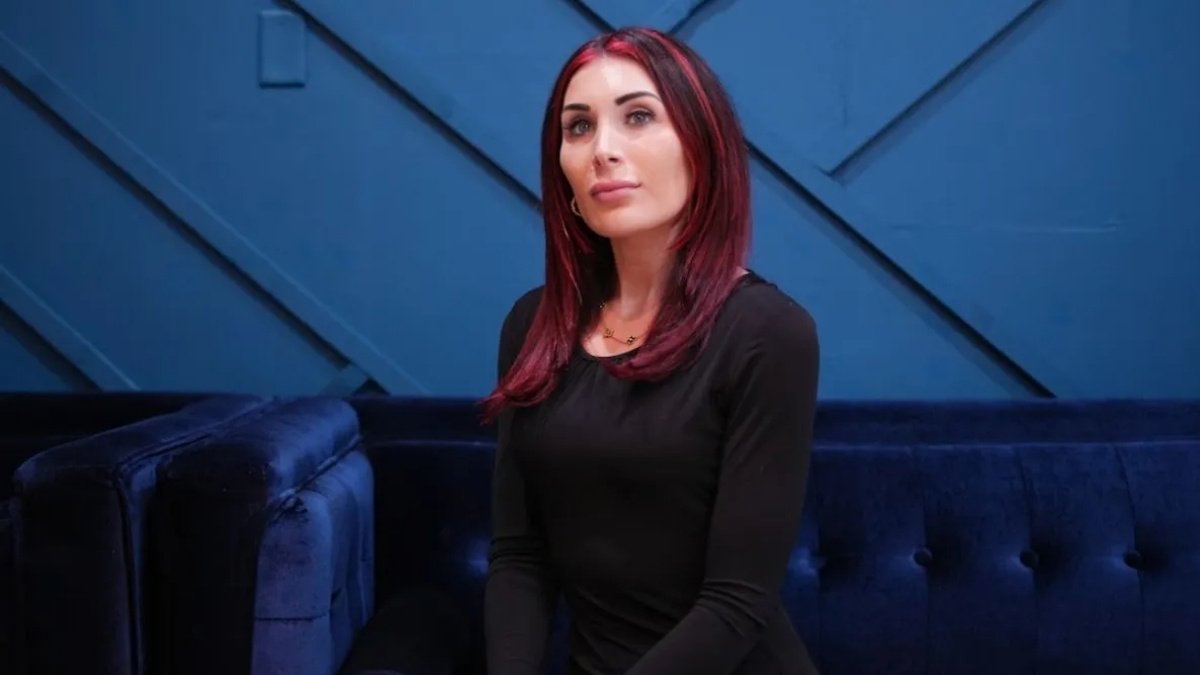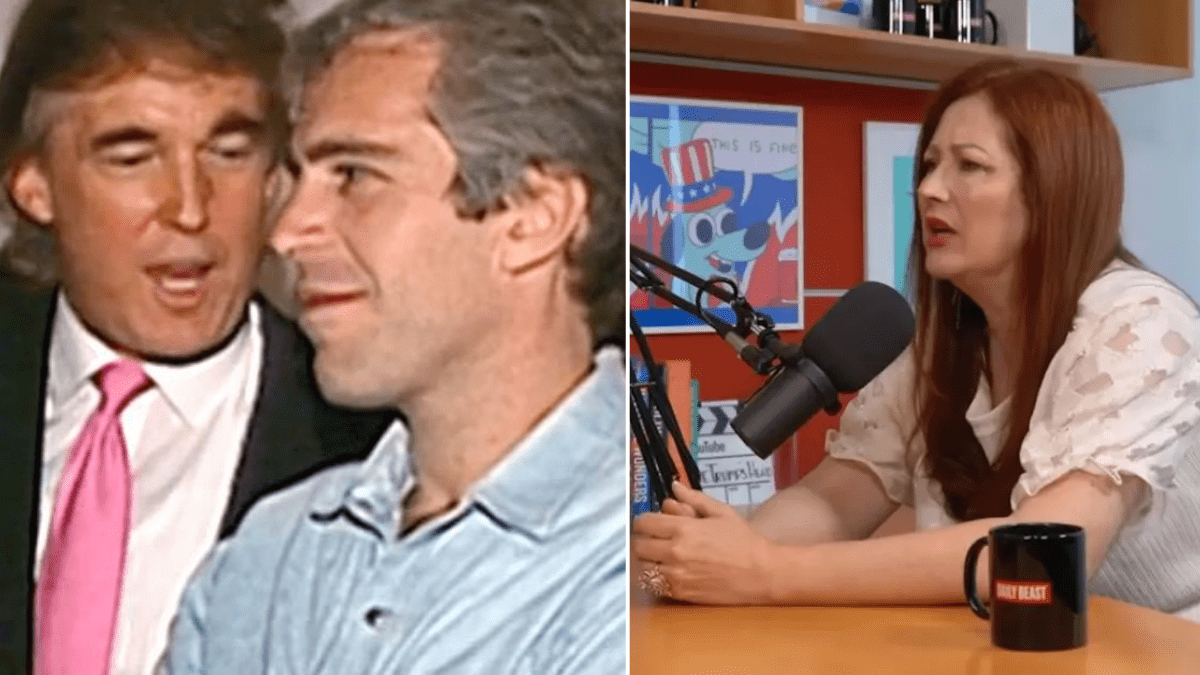Vice President JD Vance gave a Fox News interview that drew swift backlash online and in Congress. His remarks reignited calls to make Jeffrey Epstein records public.
Vance tried to blame Democrats for the uproar over the files during the interview. Many observers said the move shifted focus from the White House handling.
News reports said Vance hosted a White House huddle with Pam Bondi and Kash Patel. That gathering raised questions about the administration’s strategy on the files.
In the Fox interview, Vance said President Joe Biden had done “absolutely nothing” about Epstein while in office. Critics on social platforms seized on the remark.
He repeated claims that tied some leftwing figures to Epstein, reviving older disputed accounts. Those claims touched off renewed debate over flight logs and visits.
Social media filled with clips and commentary as users demanded fuller transparency. Many posts contrasted past promises with the current refusal to release more records.
Conservative commentator Bill Kristol called for publishing the records while protecting victim data. He urged that names of clients and enablers be left unredacted.
Fine. Release all the files. With victims and survivors’ names and PII redacted. But no redactions of clients, enablers, and see-no-evil associates. https://t.co/IEZrek9ZvM
— Bill Kristol (@BillKristol) August 10, 2025
Jon Favreau wrote on X (formerly Twitter) demanding names be made public and full transparency. He asked, “What are you afraid of, JD Vance?”, pushing for disclosure.
The Wall Street Journal and Reuters reported Bondi told Donald Trump his name appears in some files. The reports renewed sharp questions about what exactly the records contain and show.
In July, the United States Department of Justice and the Federal Bureau of Investigation published a memo finding no discrete “client list.” The memo said the agencies would not release more material at that time.
Lawmakers and survivors said the memo left key questions open and unresolved. They argued the public still deserved a fuller account of what investigators saw.
This week the House Committee on Oversight and Accountability released roughly 33,000 pages after a subpoena was issued. The committee said it published those records to boost transparency.
Republican Thomas Massie and Democrat Ro Khanna led a bipartisan push to force release of unredacted files. They filed a discharge petition to try to trigger a House vote.
Several survivors of Epstein’s abuse joined lawmakers at the Capitol to press their case. They asked for victim names to remain protected, while other records become public.
Critics recalled earlier comments from Vance and other officials who once urged full disclosure. That history fed social media claims that the White House had shifted its tone.
Bondi had earlier said a client list was “sitting on my desk” during the review. That remark became central in calls for releasing more material.
The mixed messages from Bondi, the FBI, and the White House widened public doubt about what the government holds. Many voters said they wanted clearer answers and more detail.
Recent polling shows a majority of voters want Epstein-related files released, across party lines. That public pressure has pushed lawmakers to seek more documents and answers.
The dispute has led to subpoenas, hearings, and legal filings aimed at forcing disclosure. House leaders debated whether to support or oppose the Massie-Khanna petition as pressure rose.
Some Republicans and right-leaning commentators also backed wider disclosure, creating bipartisan friction with the White House. That split complicates official messaging, legal plans, and political strategy.
Survivors and advocacy groups plan more public events and protests to demand transparency in the coming weeks. They say open records are vital for trust and for justice.
[inline_related_posts title=”RECOMMENDED” title_align=”left” style=”list” number=”2″ align=”none” ids=”” by=”primary_cat” orderby=”rand” order=”DESC” hide_thumb=”no” thumb_right=”no” views=”no” date=”yes” grid_columns=”2″ post_type=”” tax=””]
The administration says it must shield victims and withhold material that could harm ongoing probes. Critics say agencies could still release unclassified records while keeping privacy safeguards.
As Congress, courts, and campaign teams press the case, the fight over the Epstein files looks set to continue. The issue may shape public opinion and oversight work in the months ahead.














